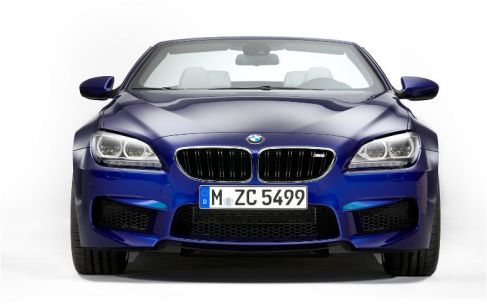Global MNCs have been striving to gain a competitive edge in the automotive market given the great competitiveness within the industry. For the German car manufacturer Bavarian Motor Works, commonly known as BMW, this means expanding their reach and market share in developing and emerging markets as a long-term strategy for increasing sales and market-share worldwide. However, there is a sticky point for BMW, in markets with growing demand for luxury cars and escalating incomes, demand is still not enough to compensate for the high costs of establishing full-manufacturing plants in each of these countries.
This raises the question what could be done meet this growing demand without facing unnecessary, huge sums of capital and bureaucracy constraints? In the answer to this question lie the organic growth strategies BMW implement for their foreign and emerging markets.
First, they export car parts to companies in these local emerging markets, hence penetrating these markets without having to establish their own foothold there.
These local companies, with their teams of skilled engineers and technicians, then assemble and put together these spare parts under the assembly line that BMW dictates in order to maintain their quality measures. Taking the Egyptian market as an example for reference, the Bavarian Auto Group was founded by BMW in Egypt to compete with other local assemblers like that of Mercedes Benz. BAG has in fact tailored their production to suit the needs of the Egyptian market. To elaborate:
• They have focused their marketing on models that are more affordable for the Egyptian middle and upper class by stressing on models like the 316i, 320i, 116i as well as the X3 and X1 four-wheel drive models.
• The cars assembled contain engines that are typically smaller than what you would get buying the same car, for example the 3 series class, in Europe. In Europe you would typically find these cars holding engines that are much bigger like the 328i and 330i, whereas in Egypt, due to high licensing costs for cars with big engines, BMW have found that assembling cars of the same class yet smaller engines would be more attractive to the local market.
• These local manufacturers are then responsible for the maintenance and repair of BMW cars, under their international standards, which also adds to the cost-effectiveness of this operation.
In these ways, outsourcing these operations to local manufacturers in these markets is much cost-effective and ensures production in these markets to be tailored to its needs.
